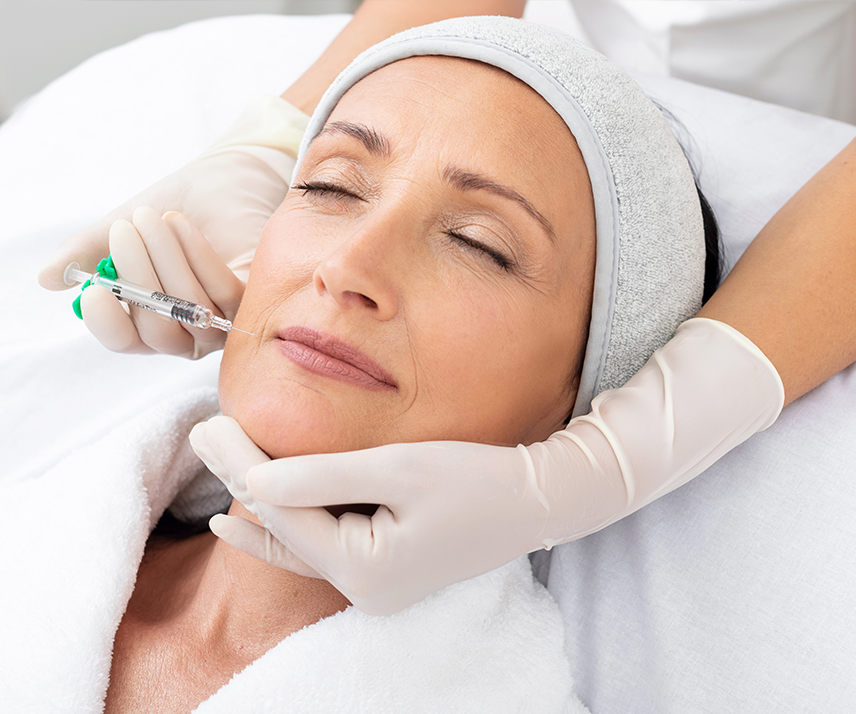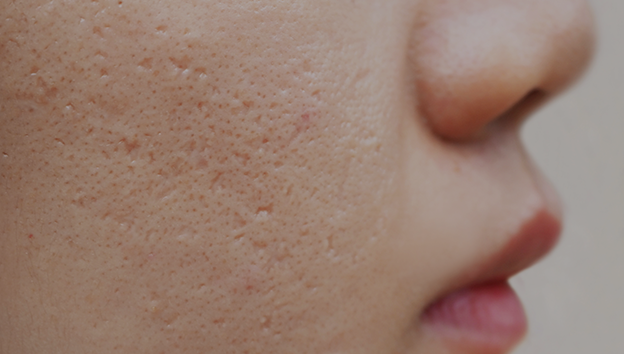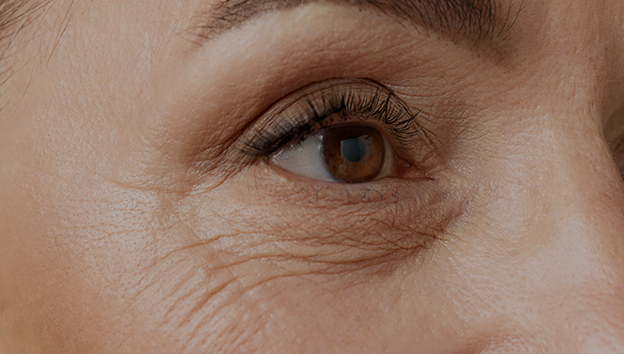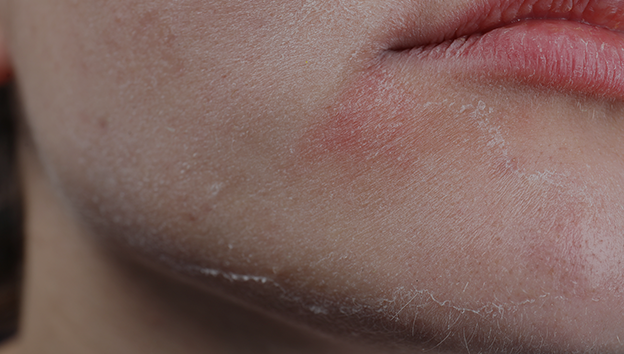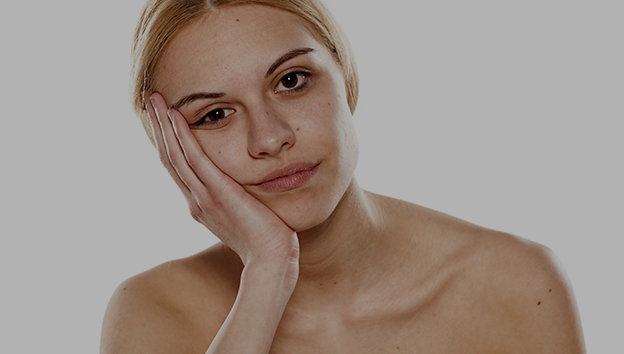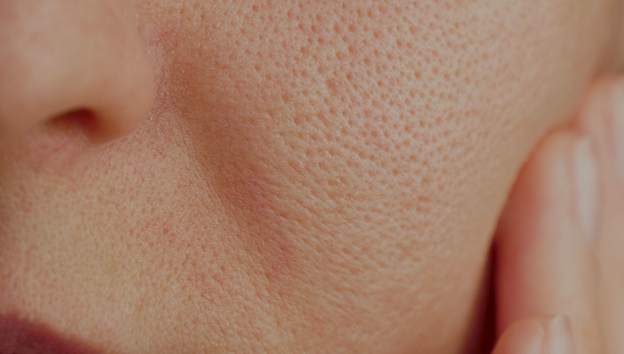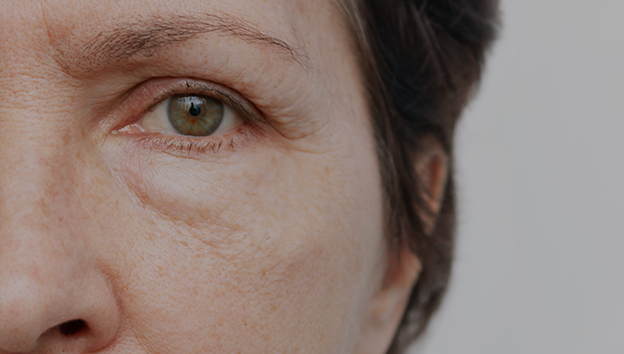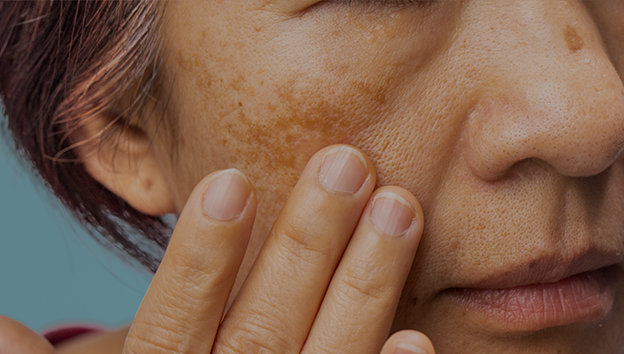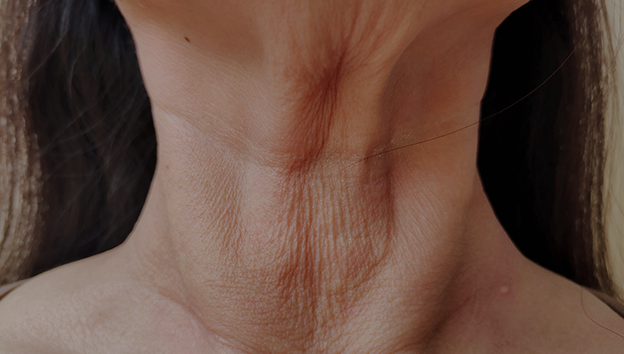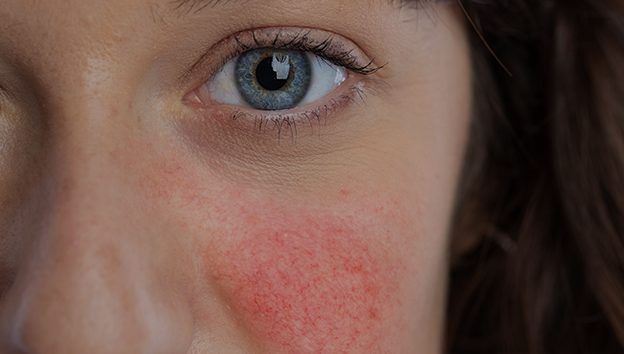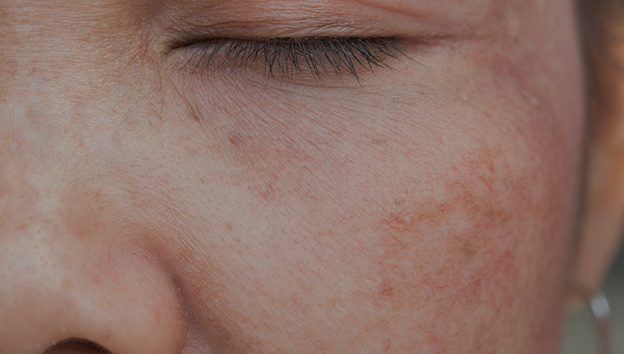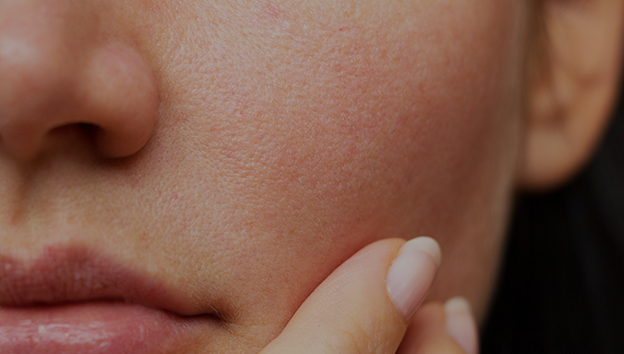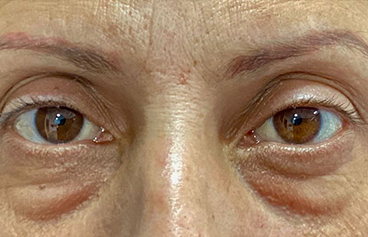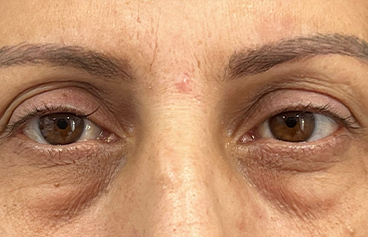Polynucleotides are DNA fractions that have been highly purified and encapsulated in a gel that is injected into the treatment area to regenerate your skin cells, known as fibroblasts.
They stimulate collagen and elastin production, leading to rejuvenated skin with reduced wrinkles. Their regenerative properties help repair tissue and improve the look of scars and acne marks. Additionally, they have anti-inflammatory effects, combatting redness and irritation, and promote hydration for a plump and healthy complexion. They are generally safe and biocompatible, making them a suitable option for many individuals seeking skin improvement.



